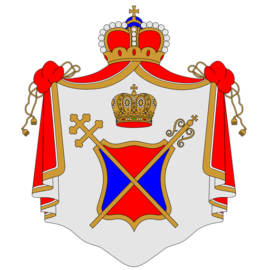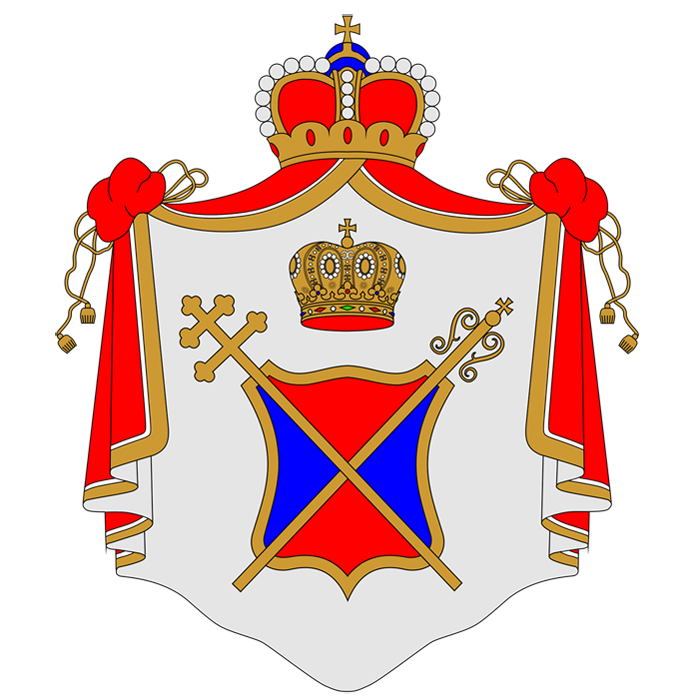Ombudsman: The existence and subjectivity of the Montenegrin orthodox church cannot be denied
(Source: CdM)
“From the point of view of law, including human rights law, one thing is certain: the existence and subjectivity of the Montenegrin orthodox church (MOC) cannot be denied, just as its character in the legal order cannot be questioned, because as such it is entered in the register of religious communities before a state administration body, which organizationally belongs to the Government. At the same time, the personal attitude towards this issue is not an assumption that can destroy the legal subjectivity of any religious community registered in this way, not even the MOC” – They said this in a statement for CdM from the Institution of the Protector of Human Rights and Freedoms, answering a comment on the statement of Prime Minister Zdravko Krivokapić in which he called the MOC “a so-called religious comunity” and “NGO”.
As they note, in earlier statements on the same topics, the Protector’s institution clearly expressed the position contained in two elements: first, the secular character of the state implies respect for religious heterogeneity, regardless of the status in canon law and regardless of personal opinion towards each religious organization or community individually; and secondly, any relationship between the state and public office holders must be based on this fact, and accordingly everyone is responsible on this question within the limits of their powers and the position that belongs to them.
“This responsibility is most often recognized as political, so anyone who uses terminology or behaves outside of these principles should clarify their position without the need for various additional interpretations, which are given depending on political and other affiliations,” – they emphasize.
The Ombudsman institution states that religious feelings are subjective for every citizen and those who are members of a religious community know best how they feel in such situations.
“At the same time, we must emphasize that lately, incendiary rhetoric towards religious communities has often been heard from political and public discourse, which is often offensive, negative, and even unfounded in facts. That is why all social actors, especially the holders of the most important functions must be careful in the terminology they use and the messages they send, which in at least one part of the Montenegrin public can be perceived as offensive and negative” – said the Institution of Human Rights and Freedoms.

